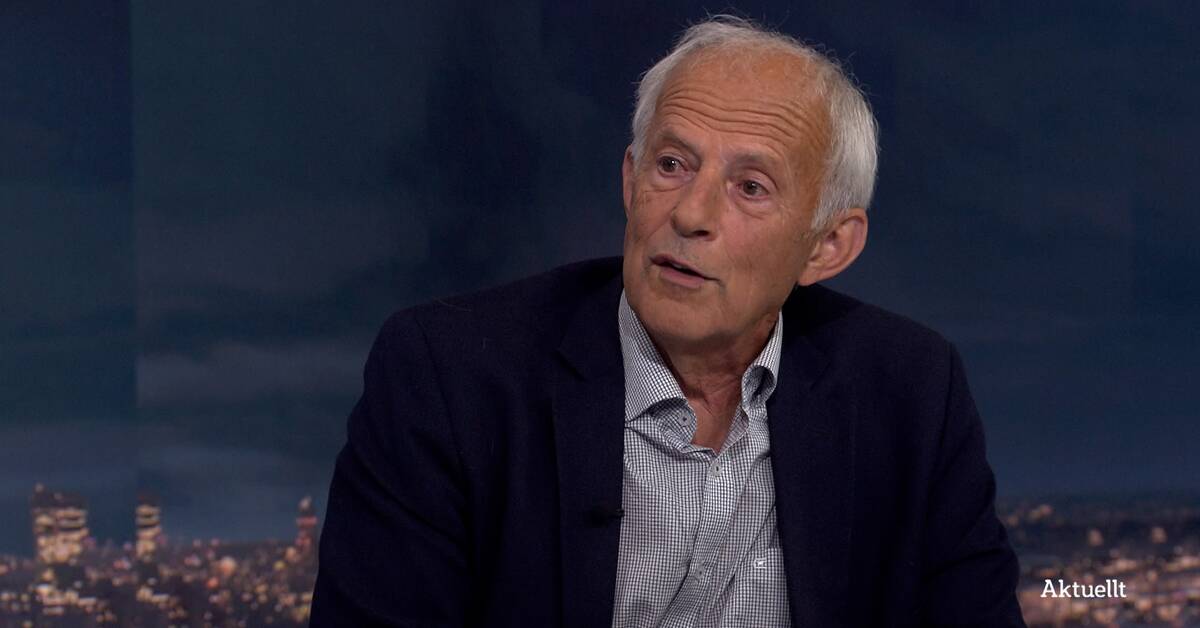Rasmus Paludan has been the subject of legal proceedings in Turkey ever since he burned a Koran outside the Turkish embassy. According to Michael Sahlin, the latest Koran desecrations have given Turkey new energy to demand legal consequences.
"The fact that they are reacting right now naturally has to do with the latest wave of anti-Swedishness. There is a heated climate, there are heated discussions, and it gives Turkey an opportunity to show leadership," says Michael Sahlin.
According to him, the arrest warrant is not only about putting pressure on Sweden, but also about Turkey wanting to establish itself as the leader of the Muslim world.
"It is an ambition that Erdogan and others have expressed many times when it comes to Turkey's role in the Muslim world. To be a leading advocate. So it's not surprising that they're taking this step.
'No opportunity to do politics'
The agreement between Sweden and Turkey, negotiated in Madrid and renewed at the NATO summit in Vilnius, does not mention Koran burnings. Despite this, Erdogan has said several times during the spring that Swedish NATO membership is not on the table as long as the Koran burnings are allowed. But that doesn't mean Erdogan can take back the NATO yes he gave in June.
"It takes a lot for Turkey to suddenly turn around on this issue. This would be a severe strain on Turkey's relationship with the NATO as a whole.
The Koran burnings thus affect the NATO process, but Michael Sahlin does not believe that the Swedish government would try to convince Turkey by extraditing Paludan.
"I think it's difficult to handle this other than in strict legal order. There is no way to make politics out of it.
Unlikely to be deported
Michael Sahlin believes that it is extremely unlikely that Sweden or Denmark would extradite Paludan.
"I don't think it's possible no matter how much pressure we would be put on," he says.

